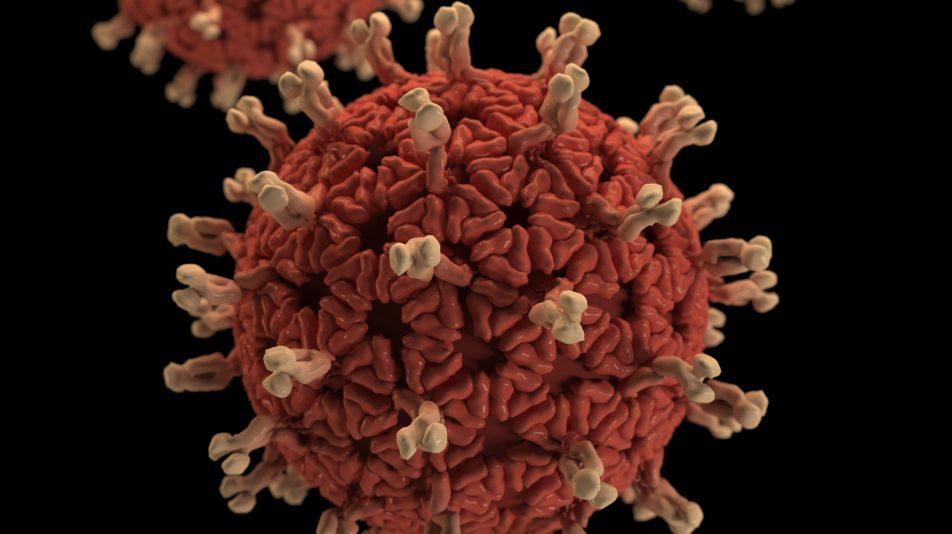
The Rare Diseases Program is oriented to the analysis and systematization of genetic information for the diagnosis of rare hereditary, acquired and / or multifactorial diseases.
This program aims to improve the precise diagnosis of people who suffer from rare or infrequent diseases, both hereditary, acquired and / or multifactorial. They contribute to characterize its manifestations and consequences, as well as its genetic causes. Researchers in this group lead studies in different types of rare diseases.
It is an interdisciplinary program. First, clinical researchers carefully evaluate patients with these or other rare conditions. Through sequencing or analysis of genomic rearrangements with sophisticated instruments, researchers in the laboratory “read” genes in blood or saliva samples from patients. Then, the enormous amount of data generated is analyzed using powerful bioinformatics tools to identify the direct genetic cause or the factors that explain the greater or lesser severity of a disease. The effects of the mutations found are then analyzed in more detail using gene editing tools, with studies in cell cultures to understand the role of these genetic variants in the disease and identify potential therapeutic targets.
Currently, they have various interdisciplinary projects underway. You can learn more about this program here.
